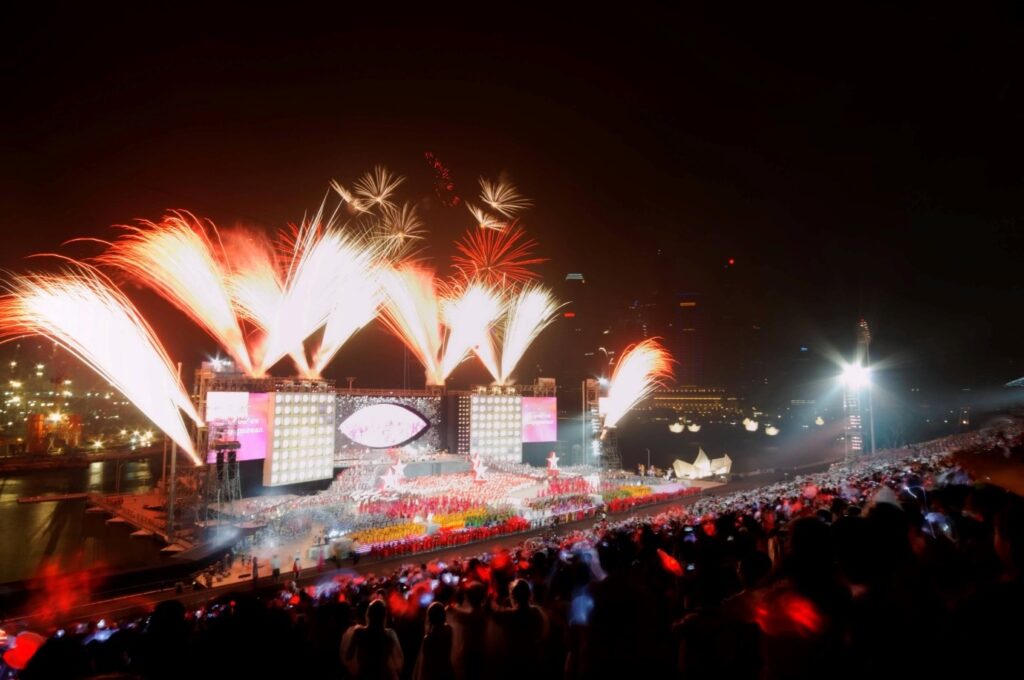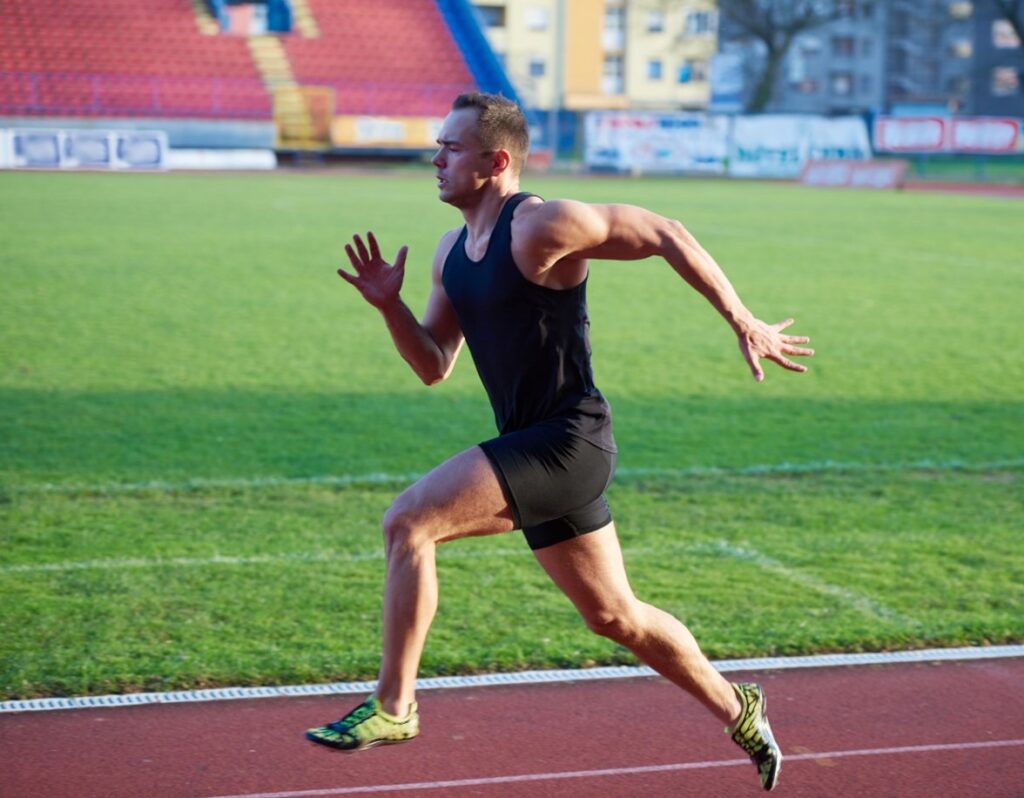Major sporting events can bring millions of dollars of revenue to a host city, as well as press attention, prestige, and even a special place in the history books. But it’s a decision not to be taken lightly, as the logistics of hosting a large-scale event require years of careful planning and consideration.
Mike Golub provides an in-depth look at the planning, organization, and execution required to host large-scale sporting events like professional teams, the Olympic Games, or the World Cup.
Venue Considerations
Host cities need to ensure that they have the proper venues for the event. The proper stadium is a must, and in the case of a highly specialized and diversified sports program like the Olympics, it might entail the construction of one or more totally new spaces to fill the needs of the competition (think ski jumps, running tracks, and large-scale arenas). City officials and sports commissioners will work several years in advance to secure the right location.
Even more goes into the event than just the sports competition itself. The host city must also be prepared to designate housing for the players, their coaches, event staff, and even the fans, and make sure restaurants, stores, and other leisure spaces and amenities are both available and equipped for the heavy influx of foot traffic as the tourist population will temporarily surge surrounding the games.
Potential host cities will also need to take the legal logistics into account. These include venue license agreements, sponsorship rights, contacting catering and concessions, insurance, streaming/video rights, and more.
Transportation Operations
Cities will often hire outside logistics firms to handle some of the operations of a major sporting event – and much of this has to do with moving the athletes and staffers to/from and within the city. Someone on the logistics side may need to partner with the local airport in anticipation of surges in passengers around the event, preparing for baggage delays and overbooked flights. Extra flights may even need to be added, which will involve the cooperation of individual airlines.
Logistics teams will also work with the athletes to help them book travel, arrange schedules, and provide ground transportation as needed. Shipping and delivery of major equipment – such as lighting rigs, sports equipment, banners, etc. – needed to run the event will also need to be managed.

Hiring the Right Contractors
Cities hosting the event will need to prepare to hire – or at least work with, if the outside sports team does the actual hiring – a variety of outside organizations and personnel to handle various aspects of the event. They include:
- Event production staff – lighting, sound, live video feed, recording, stage management
- Security for the venue and housing
- Ticketing staff and a company to manage online / phone ticket sales
- Catering companies and concession / merchandise sales – both the vendor/supplier as well as the personnel to staff the booths
- Stadium announcers
- Local transportation companies for shuttles and taxis to/from the venues
- Musical acts – national anthem singers, half-time acts, after-party DJ’s
Final Thoughts
Hosting a major sporting event is a big undertaking for a city, requiring carefully planned legal logistics, on the ground operations, and the hiring of key organizations and personnel to make sure the event runs smoothly.




